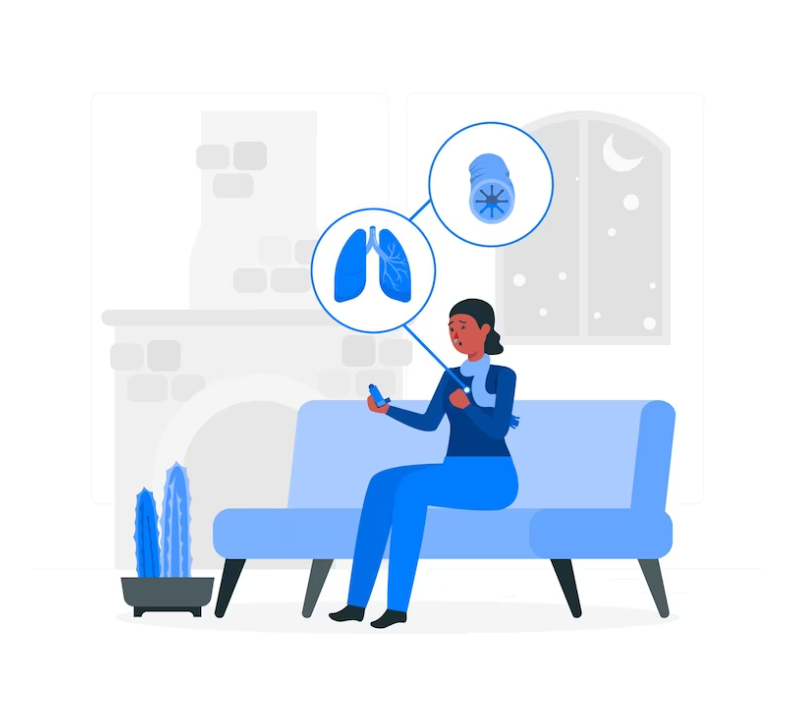
Allergies and Asthma: Exploring the Link and Ways to Manage Symptoms
Introduction:
Allergies and asthma are common conditions that often go hand in hand. Understanding the connection between the two and learning how to manage symptoms can greatly improve your quality of life. Let’s dive into the relationship between allergies and asthma and explore effective ways to keep symptoms under control.
Understanding the Link:
Allergies and asthma are both conditions that involve the body’s immune system reacting to triggers. Allergies occur when the immune system overreacts to harmless substances like pollen, pet dander, or dust mites, leading to symptoms such as sneezing, wheezing, and itching. Asthma, on the other hand, is a chronic lung condition characterized by inflammation and narrowing of the airways, resulting in difficulty breathing, coughing, and chest tightness.
Many people with allergies also have asthma, and allergic reactions can trigger asthma symptoms. This is known as allergic asthma. When allergens like pollen or pet dander are inhaled, they can cause the airways to become inflamed and narrow, leading to asthma symptoms such as wheezing and shortness of breath.
Managing Symptoms:
- Identify Triggers: Keep track of your symptoms and identify triggers that worsen your allergies and asthma. Common triggers include pollen, dust mites, mold, pet dander, and certain foods.
- Avoid Allergens: Take steps to minimize exposure to allergens by keeping your home clean, using allergen-proof covers on bedding, and avoiding outdoor activities during peak pollen seasons.
- Use Medications: Take prescribed allergy and asthma medications as directed by your healthcare provider. This may include antihistamines, nasal corticosteroids, bronchodilators, and inhaled corticosteroids to control symptoms and prevent flare-ups.
- Create an Asthma Action Plan: Work with your healthcare provider to develop an asthma action plan that outlines steps to take in case of worsening symptoms or an asthma attack. This plan may include adjusting medications, using a peak flow meter to monitor lung function, and seeking medical help when needed.
- Seek Professional Help: If your allergies and asthma are difficult to manage on your own, seek help from an allergist or asthma specialist who can provide personalized treatment and management strategies.
Conclusion:
By understanding the connection between allergies and asthma and taking proactive steps to manage symptoms, you can live a healthier and more comfortable life. By identifying triggers, avoiding allergens, using medications as prescribed, and seeking professional help when needed, you can keep your allergies and asthma under control and enjoy a better quality of life.
To seek medical advice, always consult a Doctor. Here are our recommended EXPERTS. Click here
To read more on SKIN. Click Here


